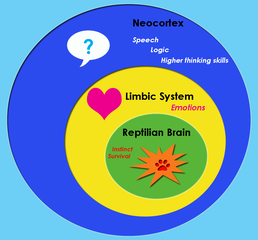
Aware of this, Solovyov devised a complex system that incorporated Platonic and Gnostic elements into a Christian philosophy and metaphysics. This would be more compelling than a creed. So he is not really calling for a Christian conversion per se, but rather for the more objective demand for a return to the Logos, and its terrestrial equivalent Sophia which he claimed is objectively knowable. Continue reading






